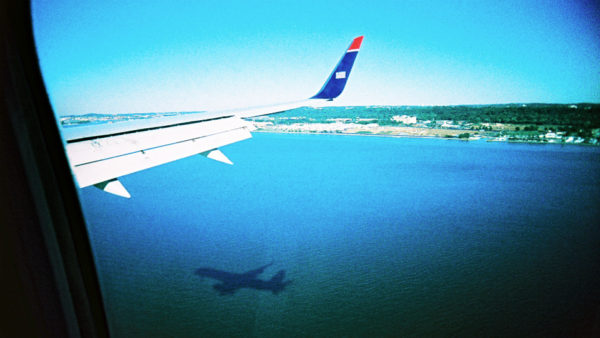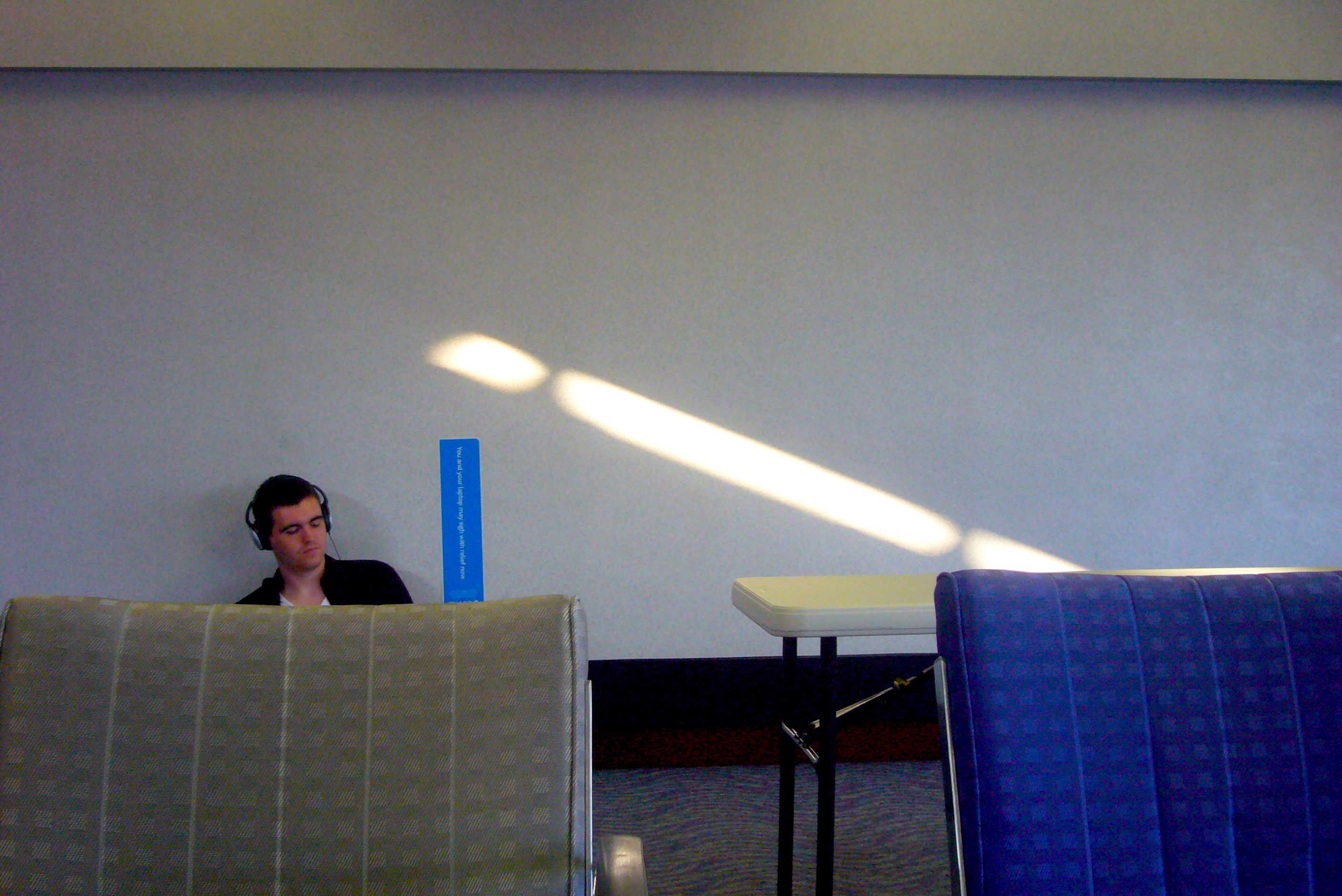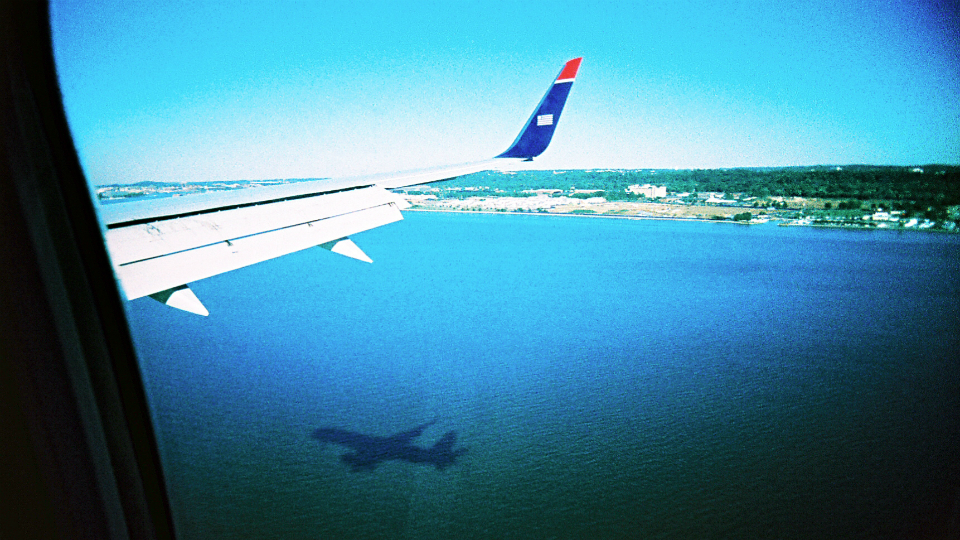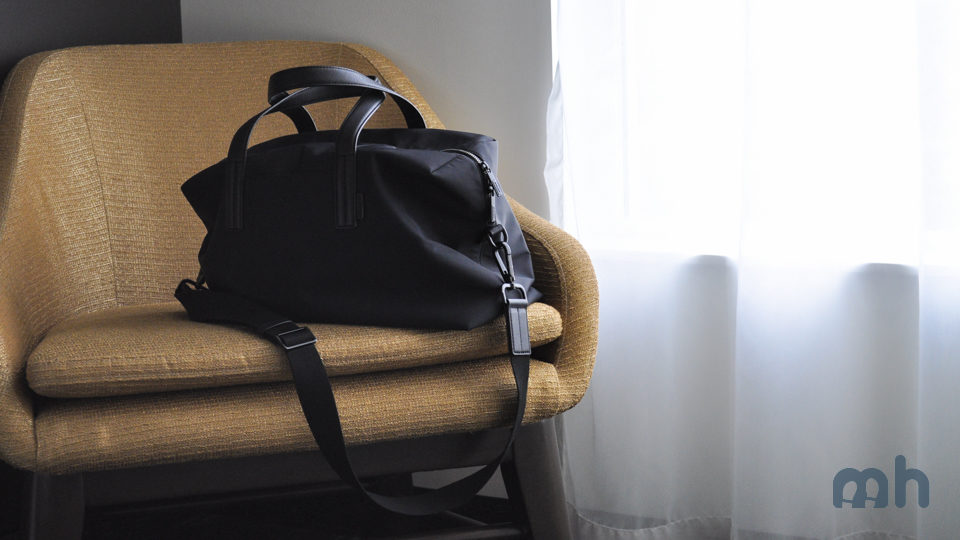
I’m a total sap when it comes to movies and books. If there’s any sort of tear-jerking scene, I'm going to end up crying. (Confession: Years ago, I teared up watching What A Girl Wants. Yes, the Amanda Bynes movie.)
It's even worse on an airplane. Last time I flew, I dare-watched The Fault In Our Stars and was in tears—round one of many—before the opening line of the movie was even uttered. Fortunately, I had the entire row.
The Atlantic wrote on article on the topic a while back, and most people are definitely not alone in the habit of mid-flight sobbing. Though there are no specific crying-on-planes studies conducted, the piece does provide a scientific explanation: It often has to do with our parasympathetic nervous systems activating in the time between sensory overload and calm.
I venture to say few things provide more of a “sensory overload” than travel. (On my last trip, which included a visit to Tokyo’s flashing, beeping, squealing Robot Restaurant, that was especially true.) I'm often removing myself from everything I know, thrusting myself into a totally new place. I'm without people who are usually in my life, and in the unknown. I'm up early and asleep late, doing and seeing everything I can, even if that’s just lazing on a beach for five hours. (And that totally counts as a demanding, brain-absorbing activity.)
Even if I'm gone for a week, maybe even two, I find, I hardly, if at all, have the time or capacity to process everything that is happening when it's actually happening. Throw in the fact, too, that I’m always sleep deprived or well on my way to reaching that state when I am flying.

Cold, hard reality. (David Lytle / Flickr)
It’s not until I’m back on the plane that everything slows down, and so do I. It's the only time that I have a spell of calm. And it’s there that everything comes to a head—and into my head. There I am just me, sitting in my seat, and things converge: thoughts about home, homes away from home, past travel experiences and upcoming ones, and who or how I was and am in all those different times and places. And all of that makes for a potent mix of emotions.
But, how about throwing people out of emotional whack in other ways, too? I mean, all these stories about brawls over reclining seats, fits about nuts and fights with scalding water? Maybe those people are that way all the time and would act similarly on land, but I think there’s something about planes and the condition of flying that makes us especially susceptible to tipping over the emotional edge. Things can get weird and overwhelming for 11 hours at cruising altitude.
The Atlantic also mentions a study about grieving while driving, which while it isn't flying, it's a comparable travel activity. Behold this statement:
Grievers often ‘hold off grieving until they are alone and behind the wheel. They are free then from the distraction . . . this time by themselves provides them with the freedom for emotional processing and relief.
Driving alone certainly provides more privacy than the middle seat in economy, but there is a whole lot more time and fewer distractions when it comes to flying.
Plus, there’s nothing like a good cathartic, cinema-assisted cry to help me subconsciously sort through all the rush of emotions and experiences that come with the stress of travel. One time, even reading a magazine triggered the tears.
And you know what? I welcome it. Because once I'm back on land it feels like things move faster than that plane did.




